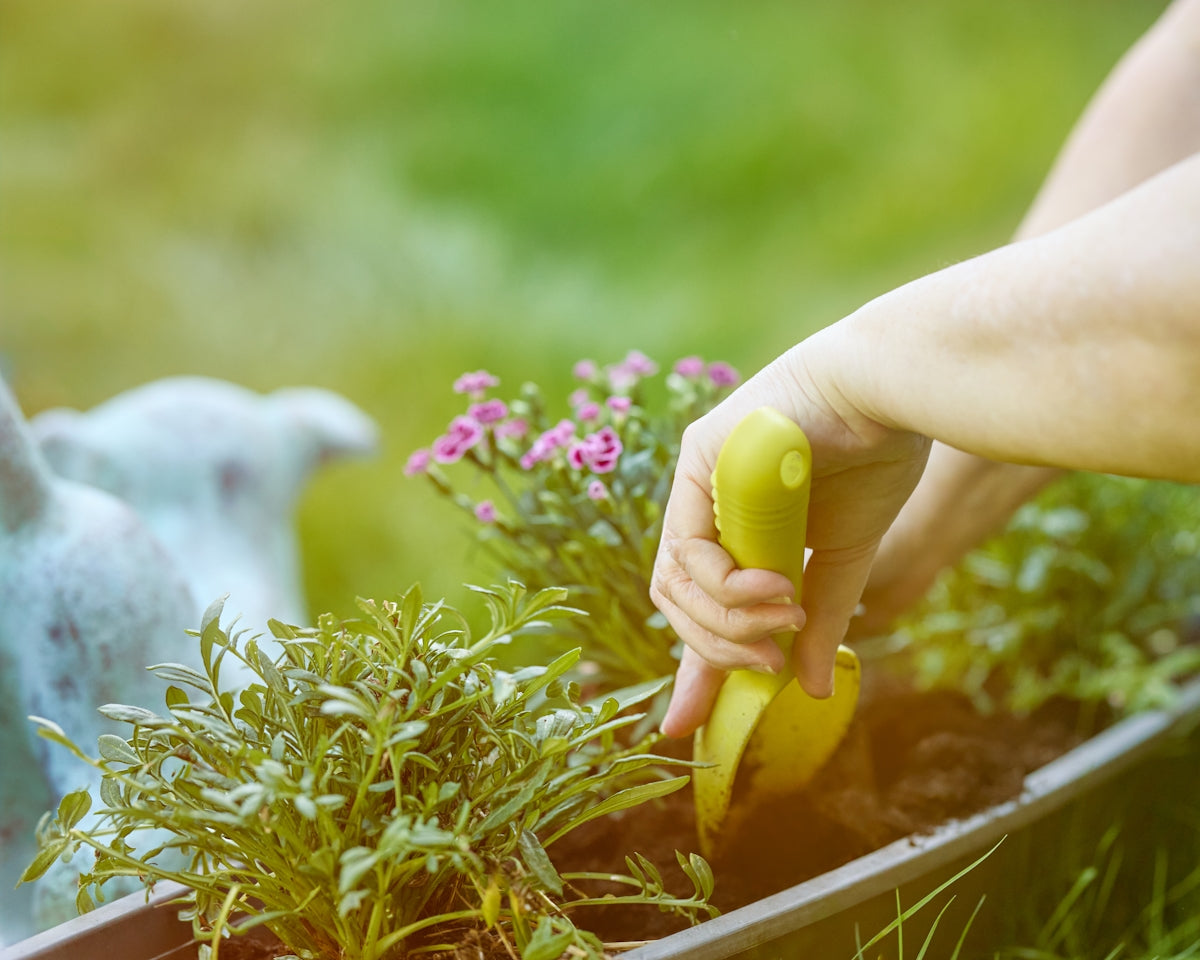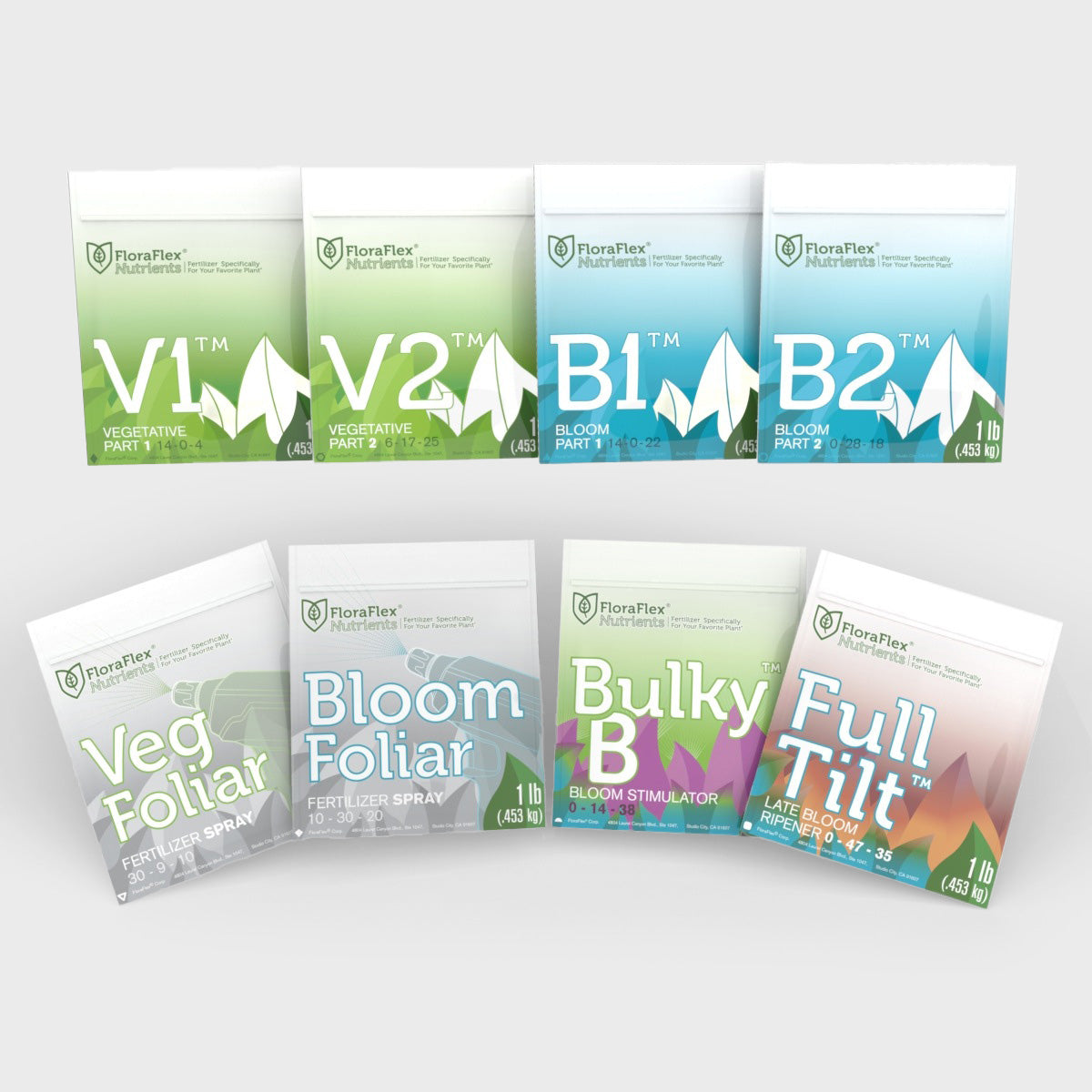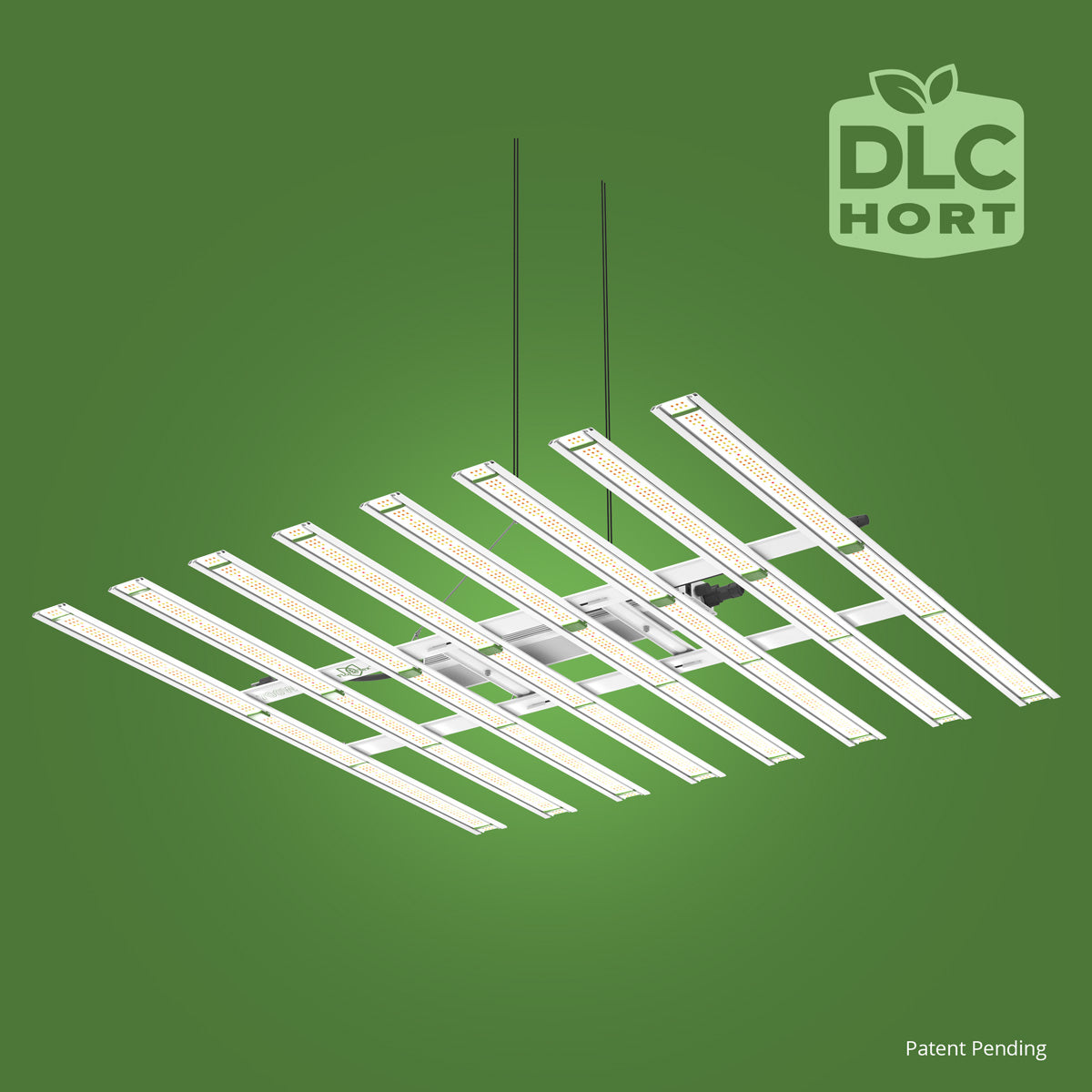Creating a sustainable garden begins with enriching your soil, and one of the most natural ways to do this is through composting kitchen waste. Composting not only reduces the amount of waste you send to the landfill, but it also turns your organic waste into a nutrient-rich soil conditioner perfect for enhancing your garden's growth. Here's how you can start composting kitchen waste for your DIY garden.
Getting Started with Composting
1. Choose a Compost Bin or Pile
To start, decide whether you want a compost bin or if you’ll create a compost pile in your garden. Compost bins can be more manageable and keep your compost contained, whereas a pile is great if you have a larger space.
2. Understand What You Can Compost
Not all kitchen waste can be composted. Compostable items include:
- Fruit and vegetable scraps
- Coffee grounds and filters
- Tea bags
- Eggshells
- Nutshells
Avoid adding meat products, dairy, oils, and anything that has been treated with chemicals.
3. Maintain the Right Balance
Composting is all about balance. Aim for an even mix of "greens" (nitrogen-rich) and "browns" (carbon-rich). Greens include your fruit and vegetable scraps, while browns are things like dried leaves or paper. This balance ensures your compost will decompose effectively.
The Composting Process
1. Layer and Turn
When adding waste to your compost, try to layer evenly between greens and browns. This will ensure even decomposition. Use a garden fork or a dedicated tool to occasionally turn your compost pile, which aerates it and speeds up the composting process.
2. Monitor Moisture
Your compost pile should be moist but not waterlogged. Use a 1.5L Pump Sprayer to properly hydrate the compost, especially during dry spells. This handy tool allows you to control the amount of water you add and ensures the moisture is evenly distributed.
3. Be Patient
Composting is not an instant process. Depending on conditions and the materials you use, it can take anywhere from 3 months to a year. Patience is key, and the end product—a rich, dark compost—will be worth the wait.
Using Your Finished Compost
After your compost has turned into a dark, crumbly material, it's ready to enrich your garden soil. Apply a layer to your garden beds or mix it into the soil to boost your plants' growth. Compost can significantly improve soil health and structure, leading to thriving plants and bountiful harvests.
By incorporating composting into your gardening routine, you are taking a step towards more sustainable living and creating a garden that is both productive and eco-friendly. For more tools and resources to aid your gardening, visit FloraFlex.
Happy composting!









